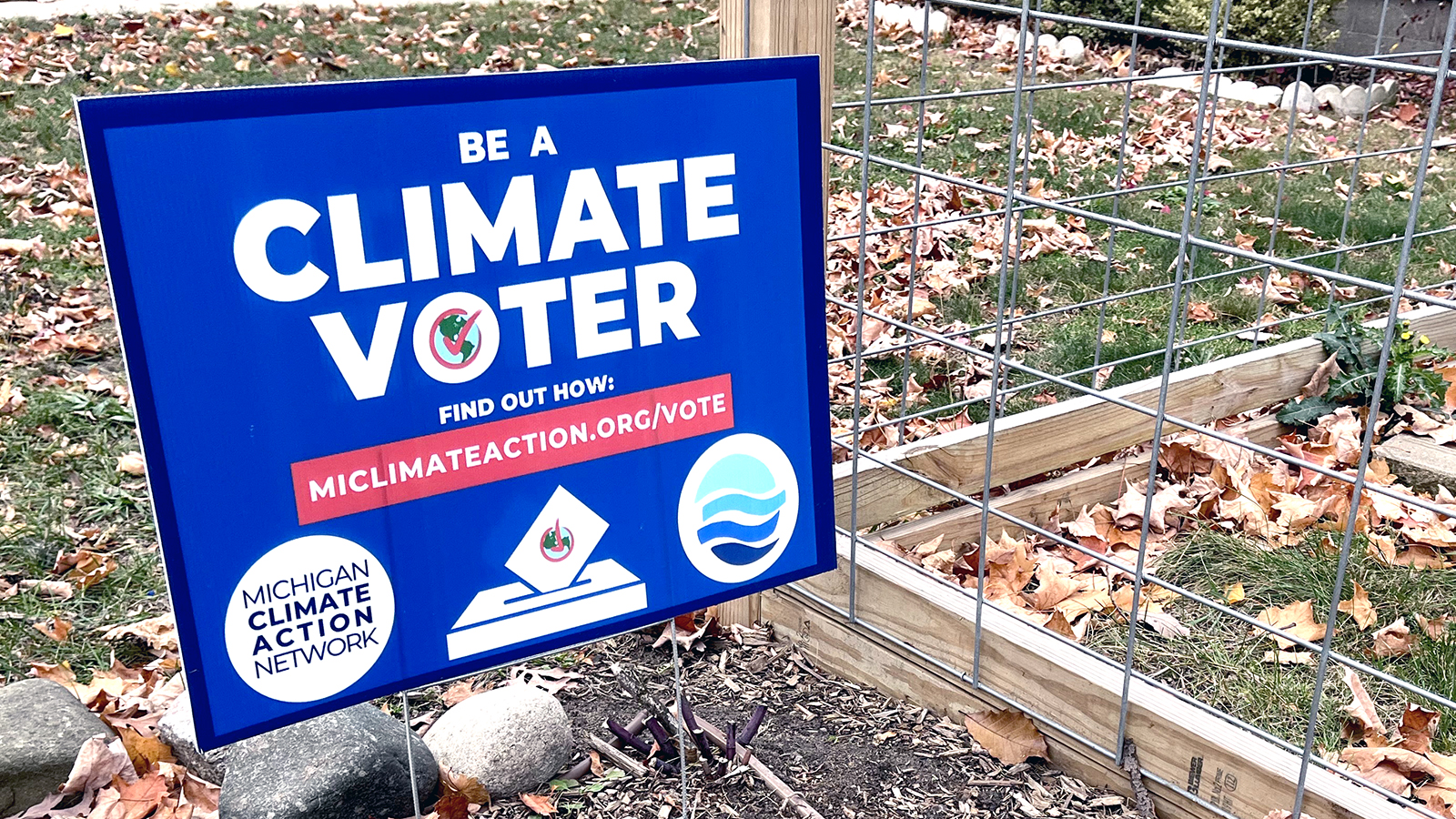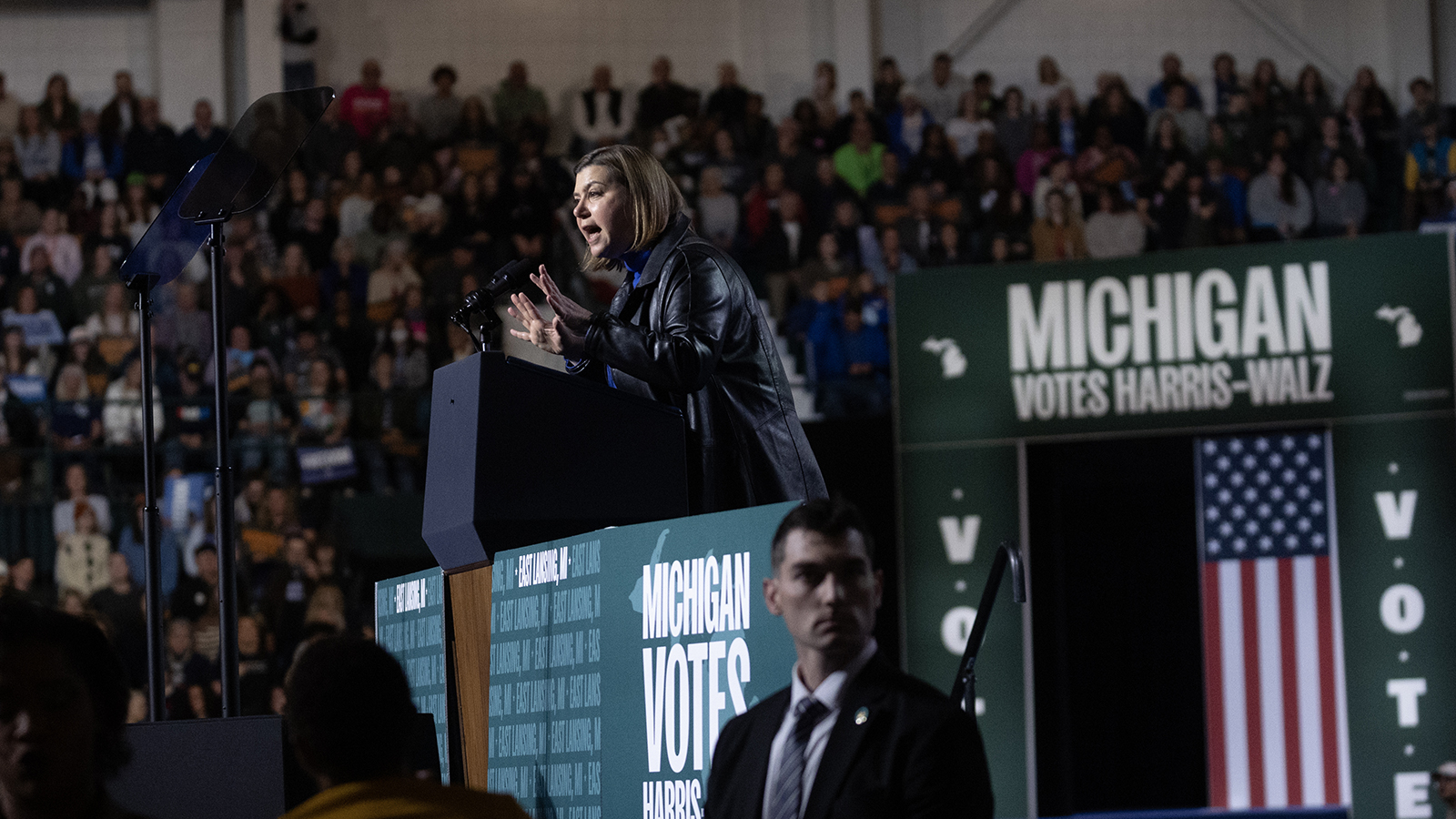
Reporting on political killings in Pakistan, the Guardian (11/27/24) makes clear who is accused of violence and who the victims are said to be.
Islamabad was roiled by a days-long protest in the last week of November. Supporters of political prisoner and former Prime Minister Imran Khan, and of his Pakistan Movement for Justice party, marched into the city, demanding Khan’s release and the resignation of the military-backed Sharif government of Shehbaz Sharif.
Pakistan’s political crisis has Washington’s fingerprints all over it. However, readers of the New York Times and the Washington Post would be forgiven if they thought the protests were a purely domestic issue. Missing from the protest coverage in leading US papers was the ongoing support the Pakistani government has received from the Biden administration, continuing a pattern of obscuring US actions and interests in Pakistani political affairs.
Khan is a former celebrity cricketer who turned to politics in the 1990s. The PTI (as the party is known by its Urdu acronym) grew in power, culminating in Khan’s 2018 election as prime minister on a platform of change and anti-corruption (BBC, 7/26/18). Since August 2023, he has been continuously locked up on over 180 charges levied by the current Pakistani government (Al Jazeera, 10/24/24), accused of crimes ranging from unlawful marriage to treason (New York Times, 7/13/24).
As protesters descended upon Islamabad’s Democracy Chowk, a public square often used for political rallies, Pakistani security forces unleashed brutal repression on the movement (BBC, 11/26/24). Some protesters were shot with live ammunition, with one doctor telling BBC Urdu (11/29/24) “he had never done so many surgeries for gunshot wounds in a single night.” A man’s prayers were interrupted when paramilitary forces pushed him off a three-story stack of shipping containers (BBC, 11/27/24).
The Guardian (11/27/24) witnessed “at least five patients with bullet wounds in one hospital,” and reported that, per anonymous officials, army and paramilitary forces shot and killed 17 protesters. Independent Urdu (11/30/24) spoke to doctors and officials at two Islamabad hospitals, where over 100 protesters with gunshot wounds were admitted. Geo Fact Check (11/30/24) and Al Jazeera (12/4/24) have independently confirmed some of the deaths.
A source within the Pakistan Army later exposed to Drop Site (12/10/24) that the crackdown was premeditated by the government, and included orders to fire at a deliberately disoriented crowd.
Running cover

The New York Times (11/26/24) framed violence as a “clash” between protesters and police, and depicted the shooting of demonstrators as an effort “to defend government buildings with gunfire if needed.”
To the New York Times, the journalistic responsibility to investigate the repression of protesters by a US-supported regime went only as far as reprinting government denials. The first story (11/26/24), published 13 hours after the government crackdown, initially made no mention of murdered protesters, before later being stealth-edited to reflect that “hospital officials told local news media that at least four civilians had died from bullet wounds.” (The original version is archived here.) The possibility of government violence was framed as a defensive necessity: “Soldiers were ordered to defend government buildings with gunfire if needed,” the subhead read.
The next story (11/27/24) used similarly passive, obfuscatory language, writing that local media reported “four civilians were killed by gunfire in the unrest.” Further down, the Times reported that PTI “accused security forces of killing dozens of protesters, a claim that could not be independently verified and was repeatedly denied by officials.”
In neither story did the Times attribute the bullets to any actor; meanwhile, it did reprint comment from Pakistan’s Interior Minister Mohsin Naqvi, Information Minister Attaullah Tarar and Islamabad top cop Ali Nasir Rizvi, in addition to twice citing unnamed “officials,” all of whom claimed that security forces did not shoot protesters.
A third Times report (11/27/24) on the protests said that PTI “claimed that several of its workers were killed or injured during the protest…by the authorities,” without mentioning that protesters had in fact died; it quickly followed up that the Information Minister Tarar denied officers shot at protesters. Besides that brief mention, the story bizarrely focused on the inconvenience that protests have created for residents of Islamabad.
The headline of Washington Post’s only story (11/27/24) on the affair mentions “violent clashes,” but the outlet failed to report that anyone had died, much less been killed by security forces. Whenever “alleged” abuses were mentioned in the story, they were followed with government denials.
In all, the Times and the Post responded to brutal government repression of a mass protest by relaying government denials and reporting on bullet wounds with no apparent source.
What’s perhaps more troubling is the failure of either outlet to report that the government carrying out this repression is one well-supported by the Biden administration, even over the objection of his own party’s congresspeople. The omission of Biden’s support for the ruling government, led by the Pakistan Muslim League-Nawaz (PMLN) is glaring, but not new.
‘All will be forgiven’

The document that has the Biden State Department telling Pakistan that “all will be forgiven in Washington” if it removed its prime minister (Intercept, 8/9/23) was not quoted by the New York Times or Washington Post.
Corporate media also did their best to obscure the circumstances of Khan’s fall from power and PTI’s recent election loss. Imran Khan lost power in 2022 in the form of a no-confidence vote orchestrated by the military establishment (Foreign Affairs, 6/16/23; Dawn, 2/15/24). That move came after a March 2022 meeting between US State Department officials and the Pakistani ambassador to the United States.
Under Khan, Pakistan had increasingly charted a foreign policy course independent from US interests (Nation, 7/5/21; BBC, 6/21/21). The Biden administration’s appetite for Khan’s leadership had begun to wane, especially with regards to Afghanistan and Russia.
According to a leaked Pakistani diplomatic cable (Intercept, 8/9/23), President Joe Biden’s Assistant Secretary of State Donald Lu informed the ambassador that “if the no-confidence vote against the prime minister succeeds, all will be forgiven in Washington”—a reference to Pakistan’s posture on the Russia/Ukraine war, which Lu reportedly termed “aggressively neutral.” If not, Khan and his government would be further isolated. One month later, Khan was removed in a parliamentary vote of no-confidence.
Despite maintaining that the cable does not entail US meddling in Pakistan’s domestic affairs, Pakistani Prime Minister Shehbaz Sharif has confirmed its authenticity (Intercept, 8/16/23). US State Department spokesperson Matthew Miller stated the cable’s description of the meeting with Lu were “close-ish” in accuracy (News International, 8/10/23).
Only after Khan’s removal of power did the United States intervene to help Pakistan secure a much-needed loan from the International Monetary Fund (Intercept, 9/17/23). The conditions of the loan included forcing austerity measures on the Pakistani population and, notably, a weapons sale to Ukraine (via Global Ordnance, a controversial arms dealer).
While the Times and the Post did report on Khan’s allegation of US interference in his ouster, even reporting Khan’s claim of a secret diplomatic communique (e.g., New York Times, 4/2/22, 4/9/22; Washington Post, 4/10/22, 4/13/22), they were silent when the Intercept published the cable itself in August 2023.
Slow-walking a rigged election

A confession to vote fraud was treated by the New York Times (2/18/24) as “appear[ing] to lend weight to accusations” of vote fraud.
The next popular election took place in February 2024. (The elections were scheduled for 2023, but the military managed to delay them for another year.) It was clear that the PMLN-led government and the military were conspiring to undermine PTI at every turn, including by jailing Khan and tampering with the military-controlled national election software (
Intercept,
2/7/24).
PTI candidates who were winning their elections during live vote-counting were shocked when the official results showed their constituencies had been lost by tens of thousands of votes. Far from Trumpesque fraud claims that attempt to stop vote counting while a candidate holds a tenuous lead, PTI candidates saw tens of thousands of votes erased from their vote totals between live counting and official results (Intercept, 2/9/24). The election was clearly rigged, foreign media observers concurred (Le Monde, 3/1/24; Economist, 3/14/24).
For two outlets that are ostensibly so anxious about the state of democracy in the United States, the New York Times and Washington Post were more staid in their concerns for Pakistani democracy. The Times (2/18/24), reporting on a confession by a senior Pakistani official of rigging votes, only went as far as to say that the admission “appeared to lend weight to accusations” by PTI of election-rigging.
The Post, while initially entertaining the possibility of a rigged election (e.g., 2/11/24), fell short of actually reporting that PMLN and the military stole the election. The Post didn’t report on the Pakistani official’s confession of election-rigging.
The tone struck was highly conservative compared to, say, the Times and Post coverage of the 2018 elections in Bolivia (FAIR.org, 3/5/20, 7/8/20). In that instance, US media didn’t hesitate to pounce on allegations of electoral fraud against left-wing president Evo Morales, even though the election was later found to be fair (only after a right-wing interim government was able to take power). Could it be that US media treats electoral fraud claims more seriously when they’re against official enemies?
Congressional dissent

“A growing chorus of voices in the US government is demanding accountability for Pakistan’s military junta over its attacks on political dissent, imprisonment of opponents, and the rigging of an election earlier this year,” Drop Site (10/23/24) reported—but readers of the leading US papers aren’t hearing about it.
Once it was clear that PTI didn’t have enough seats to form a governing bloc (despite the surprising popular surge behind the party and against the political-military establishment), 31 US lawmakers led by Rep. Greg Casar (D.–Texas) demanded the Biden administration withhold recognition of the Pakistani ruling government until a “thorough, transparent and credible” investigation of the election could be carried out (Intercept, 2/28/24). This letter is part of a pattern of objections by congressmembers to Biden’s acceptance of an authoritarian Pakistani government—so long as they align with US foreign policy interests (Intercept, 11/17/23).
A State Department press release (2/9/24) immediately after the election condemned abrogations of the rights of Pakistani citizens, and further said “claims of interference or fraud should be fully investigated.” The same statement, however, assured that “the United States is prepared to work with the next Pakistani government, regardless of political party.”
Less than two months later, Biden sent a letter (Times of India, 3/30/24) to Pakistani Prime Minister Shehbaz Sharif of the PMLN, “assuring him that his administration will fully back his government in addressing critical global and regional challenges.”
As recently as the past few months, two more letters have been submitted by US lawmakers urging the Biden administration to reevaluate its relationship with Pakistan’s government, which lawmakers say has been violating the human rights of the Pakistani people (Drop Site, 10/23/24; Dawn, 10/24/24; Times of India, 11/17/24).
Coverage of congressional dissent from Biden’s Pakistan policy has been absent from both the Times and the Post. Absent from the pages of leading papers were any stories about lawmaker concerns over human rights, free elections and authoritarian governance.
Continuing omissions

This New York Times article (11/27/24) presented protests against political repression in Pakistan as a big nuisance.
These trends continued in recent reporting. Two of the New York Times stories (11/25/24, 11/26/24) on the protests mentioned the rigged election only as an allegation by Khan and his supporters, countered with government denials and offering readers no sense of which side might be telling the truth. The other three stories (11/26/24, 11/27/24, 11/27/24) don’t discuss election-rigging at all. None of the stories touched on the US involvement in Khan’s fall from power, nor the Biden administration’s continued support of an authoritarian ruling government.
The Washington Post’s single story (11/27/24) also limited itself to critiquing the ruling government, without mentioning the rigged election, US intervention in Khan’s expulsion, or continuing US support for a government that is killing its own citizens.
Reporting on protests in Pakistan without mentioning US involvement in domestic politics creates a perception that Pakistani chaos is a concern mostly for Pakistani people, and readers in the United States need not examine the role of their own government in a national political crisis.
This post was originally published on FAIR.











